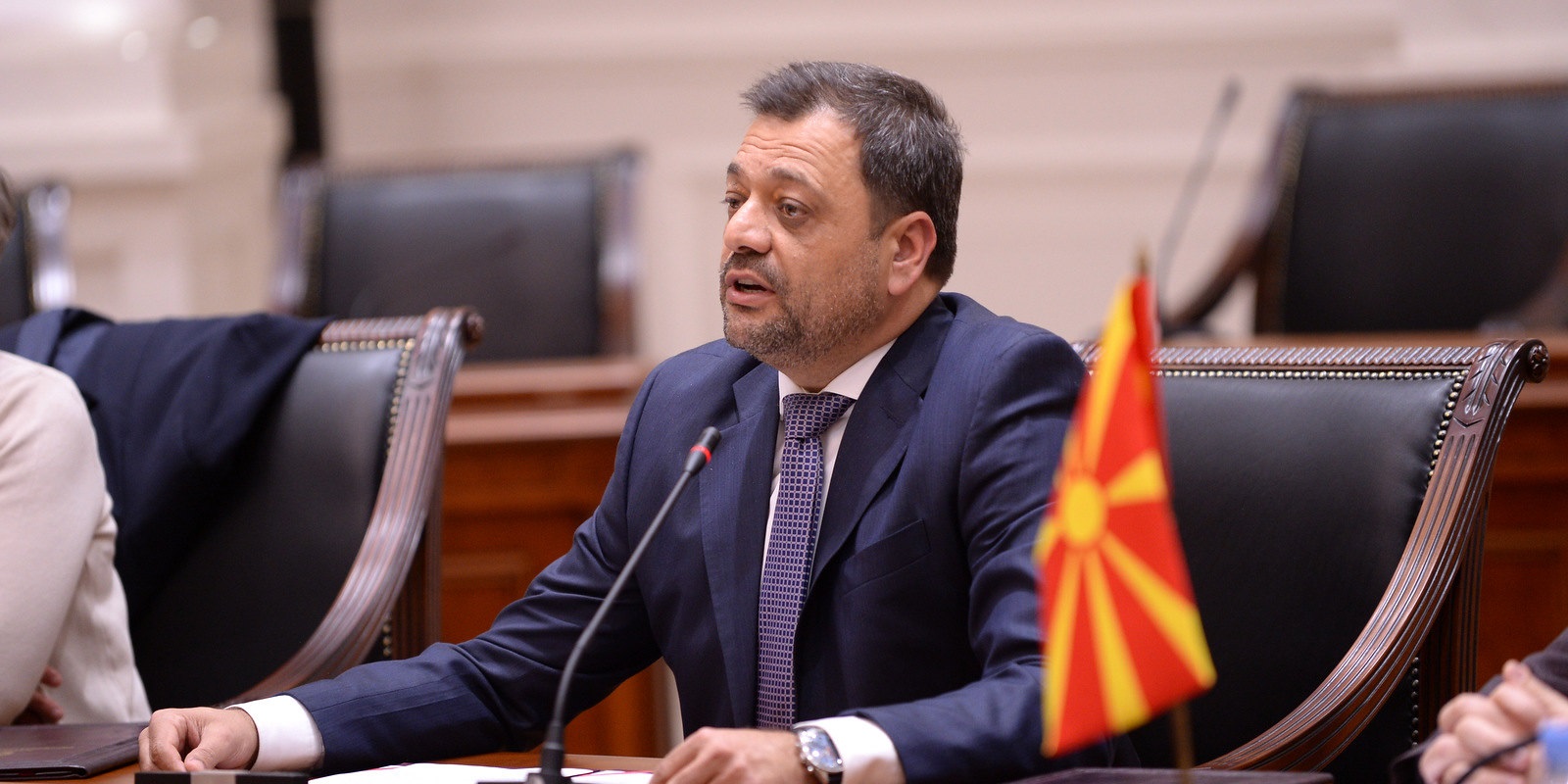North Macedonia: Complaint challenges unfair subsidy advantages for hydropower
North Macedonia’s renewable energy incentives scheme unfairly advantages small hydropower plants over other energy sources, shows a complaint submitted to the Energy Community [1] today by environmental groups Eko-Svest and CEE Bankwatch Network.
1 July 2019

The Deputy Prime Minister of North Macedonia, Kocho Angjushev, owns a large number of small hydropower plants, and his cabinet is closely involved in the preparation of energy sector legislation.
The country is a signatory to the Energy Community Treaty, which prohibits “any public aid which distorts or threatens to distort competition by favouring certain undertakings or certain energy resources.”
Small hydropower plants have in recent years wrought destruction across southeast Europe – including North Macedonia – due to their rapid development, often in protected areas, and lack of environmental law enforcement [2].
Yet new regulations approved by the North Macedonian government in February this year [3] permit an unlimited number of hydropower plants under ten megawatts to continue receiving operating subsidies in the form of feed-in tariffs.
At the same time, solar photovoltaics cannot receive any feed-in tariffs, no matter the size [4]. All quotas for wind plants have already been reserved, and only a few megawatts of biomass and biogas can still receive operating support.
The new rules also subject solar photovoltaic producers and most wind producers to an incentives system designed to minimise costs for consumers. They have to compete in auctions to offer electricity generation at the lowest price, and the successful bidders qualify for support in the form of premiums paid on top of the market price for electricity to ensure they cover their generating costs.
This system, which is also now applied in the EU, entails higher risks for investors, so failure to apply it to hydropower represents an unfair advantage for this sector.
“The Deputy Prime Minister of North Macedonia, Kocho Angjushev, owns a large number of small hydropower plants [5], and his cabinet is closely involved in the preparation of energy sector legislation. So the Government’s decision to give preferential subsidies to small hydropower looks suspicious,” said Davor Pehchevski of Eko-Svest.
“For a country that has the sun on its flag, North Macedonia is making strangely little use of its potential. Privileging hydropower might have made sense years ago when solar and wind were too expensive but those days are long gone,” added Pippa Gallop of CEE Bankwatch Network. “Instead of stimulating the growth of new sources, this scheme is propping up highly-damaging small hydropower plants. It needs to be changed immediately to ensure a level playing field.”
Contacts
Davor Pehchevski, Eko-Svest:
E-mail: davor@ekosvest.com.mk
Skype: davor.pehcevski
Tel: +389 71 264 087
Pippa Gallop, CEE Bankwatch Network:
E-mail: pippa.gallop@bankwatch.org
Skype: pippa.gallop
Tel: +385 99 755 97 87
Notes for editors
[1] For more information see the Energy Community website.
[2] See for example:
- Broken rivers. The impacts of European-financed small hydropower plants on pristine Balkan landscapes
- Money flows, rivers dry
[3] The Decree on support measures for production of electrical energy from renewable sources of energy, the Decision on the total installed capacity of preferential electricity producers and the Program for financial support for production of electricity from preferential producers using a premium for 2019.
[4] In the Decision on the total installed capacity of preferential electricity producers, the total installed capacity of preferential electricity producers is prescribed. The caps for capacities that receive feed-in tariffs are the following:
- 86 MW for wind power plants – but this is all reserved for the existing Bogdanci plant, the extension of the project, and the planned Bogoslovec plant.
- 10 MW for thermal power plants on biomass, of which 4.3 MW is already reserved.
- 20 MW for thermal power plants on biogas, of which 7 MW is already reserved.
No cap for feed-in tariffs for small hydropower plants.
The cap for photovoltaic power plants that receive premiums is 200 MW, while there is no cap for wind premiums other than the one set by individual auctions. There is no support for solar photovoltaic plants which are too small to compete in auctions at all.
[5] Through the umbrella company Fero Invest, Deputy Prime Minister Kocho Angjushev owns at least 25 small hydropower plants (SHPP), a company for design of SHPPs, a company for production and installation of turbines and a company for SHPP maintenance. Evidence of his majority ownership can be found here.
Never miss an update
We expose the risks of international public finance and bring critical updates from the ground – straight to your inbox.
Location: North Macedonia
Tags: Energy Community | hydropower | renewable energy
